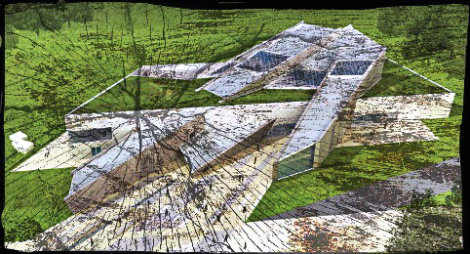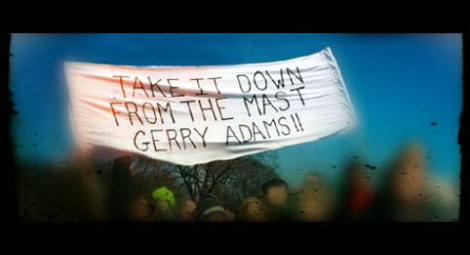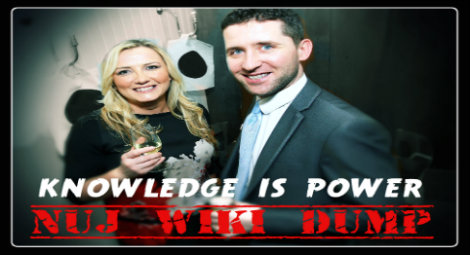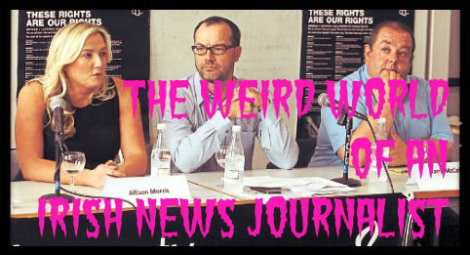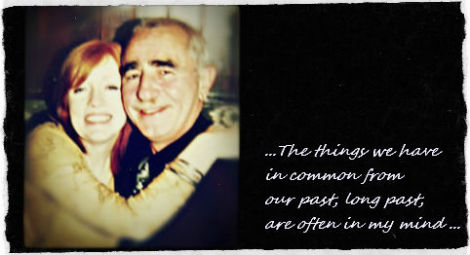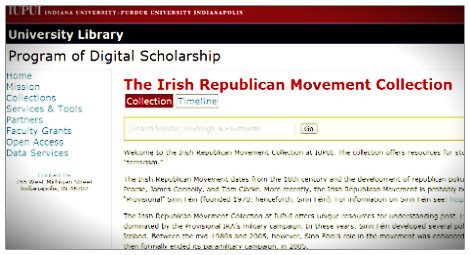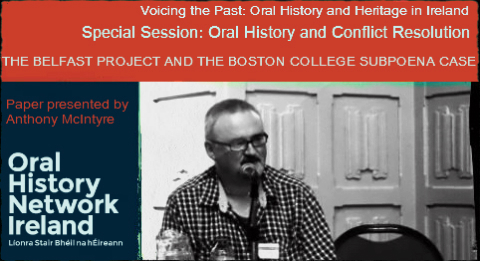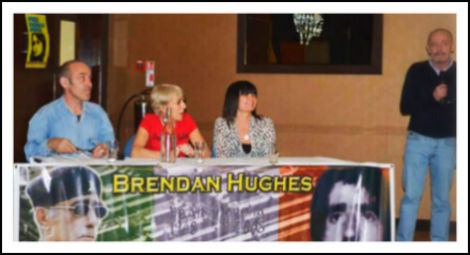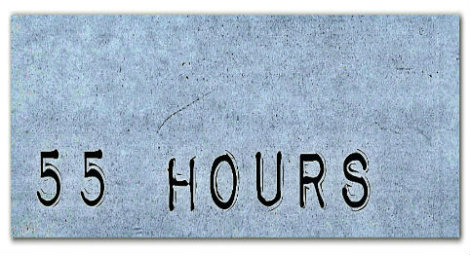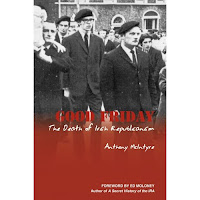Probably my most uncomfortable flight was to Madrid from Amsterdam 10 years ago. Coming in to land the plane shook so violently I feared it might disintegrate in the air. My son Eamonn, sensing my discomfort, at one point asked if I needed him to hold my hand. The response was a gruff brush off. We disembarked safely to a beautiful but blistering Madrid evening.
On a later flight from London to Madrid I was seated alongside Henry Patterson. He looked on me with something resembling horror as I detailed the history of aviation disasters, pointing out in the process that in September 1977 one of the world’s worst air catastrophes occurred on Spanish soil. While he conceded I probably knew more about plane crashes than anyone else he had met, it was the type of morbid knowledge he felt was better vented on the ground and then only after the second leg of a return flight. Even though one of our return flights from Saragossa to Madrid was cancelled due to fog and we had to make the journey by taxi, our travelling was otherwise uneventful.
With Spain in the news this year for its sporting achievements in both soccer and tennis the country’s mood despite its economic woes must have been buoyant. But there was no happy ending and national morale could only have plummeted after Wednesday’s crash. It was the worst aviation disaster to have hit Spain in almost 3 decades. Commuters of a different type however experienced death and destruction a couple of years ago when the Madrid train network was bombed in a racist attack by theocratic fascists intent on massacring men, women and children for no reason other than they were Spanish. It was an experience of an emergency put to good use in rescuing and assisting the survivors of Wednesday’s crash.
There is considerable anger in Spain as a result of the crash, many suspecting that financial considerations trumped safety ones in the decision to let the plane off the ground. Scuffles were reported to have broken out between bereaved relatives and Spanair management officials. As often happens after major ‘industrial accidents’ the question to be asked is if enough was done before hand to protect people from profit. Last year the Spanish pilots' union Sepla wrote to the industry’s boss class at Spanair complaining that ‘the operative chaos is putting passengers at risk.’ According to the Guardian the letter expressed reservations about the quality of ground staff, grounded aircraft not authorized to fly, and scarcity of crew. In another letter it was forewarned ‘unfortunately all this indicates this will end in chaos.’
More complaints from Sepla followed including charges that Spanair was still using old McDonnell-Douglas carriers rather than introduce a new fleet of Airbus A320 planes. Sepla also alleged that a stress on punctuality was undermining both security and safety. Fortunately for one couple, this worked to their advantage. They were barred from boarding the doomed flight on Wednesday because they failed to make the boarding gate on time. Others were not allowed off the plane despite fears that something was amiss. Punctuality before people.
If it does emerge that safety considerations were set aside in pursuit of profit, the Spanair profiteers should be viewed in a light no different from the powerful figures responsible for the crimes of Bhopal and Aberfan, but treated more stringently. People only live once. Their right to do so should be fortified rather than attenuated by economic resources.













